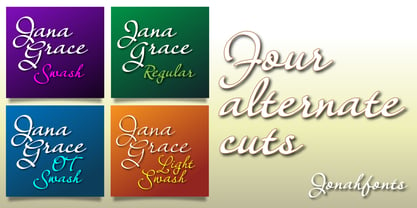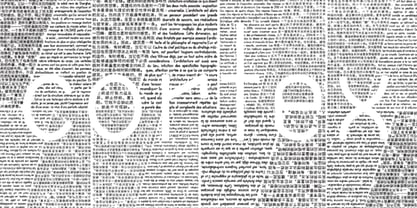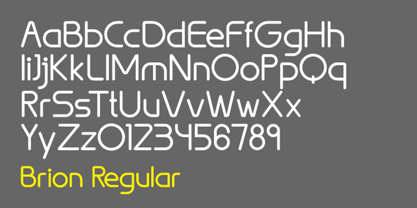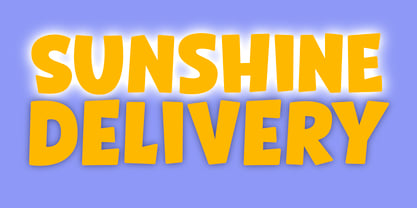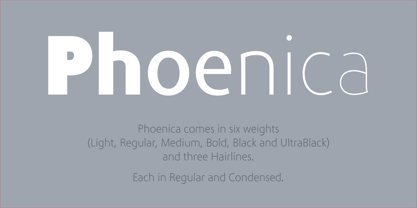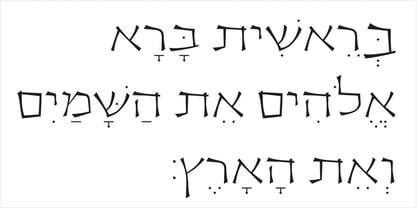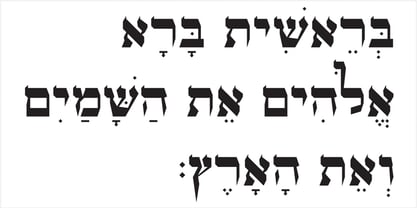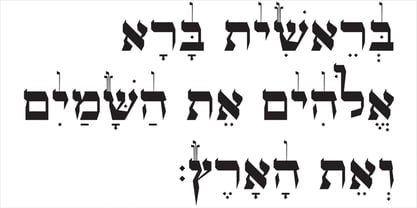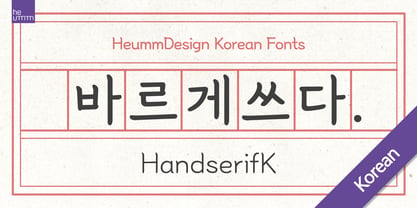10,000 search results
(0.036 seconds)
- Maternellecolor creuse - Unknown license
- Club Dia - Unknown license
- Mario and Luigi - Unknown license
- Privacy - Unknown license
- Janagrace by Jonahfonts,
$40.00 - Runes - Unknown license
- Cortex by Cubo Fonts,
$29.00 - VTC-SumiSlasherOne - Personal use only
- BudHand - Unknown license
- Porspican Serif - 100% free
- Flying Peace PERSONAL USE - Personal use only
- Scythe - Unknown license
- Fanzine - Unknown license
- Conradasaur - Unknown license
- Ajile - Unknown license
- Brion by The Northern Block,
$12.80 - KG What A Time - Personal use only
- Movement - Personal use only
- M+ 1m - Unknown license
- M+ 2c - Unknown license
- M+ 2m - Unknown license
- M+ 1p - Unknown license
- M+ 2p - Unknown license
- M+ 1c - Unknown license
- Times New Roman Windows compatible by Monotype,
- KG Holocene - Personal use only
- Sunshine Delivery by Hanoded,
$15.00 - Give Me The Scoop - Unknown license
- Will-Harris - Unknown license
- Mr. Quincy - Personal use only
- Phoenica Std by preussTYPE,
$29.00 - Colagraph - 100% free
- OL Hebrew Cursive by Dennis Ortiz-Lopez,
$30.00 - OL Hebrew Formal Script by Dennis Ortiz-Lopez,
$30.00 - OL Hebrew Formal Script With Tagin by Dennis Ortiz-Lopez,
$30.00 - HU Handserif KR by Heummdesign,
$25.00 - VTC-RoughedUp - Personal use only
- ITC Spirit by ITC,
$29.99 - Disc - Personal use only
- Utendo - Personal use only




